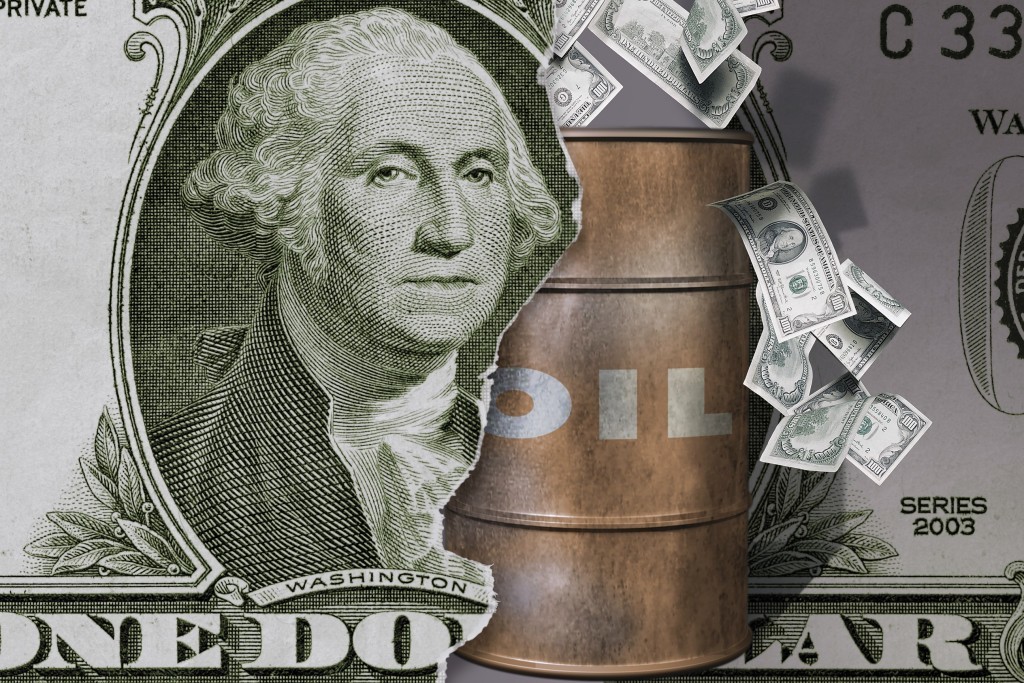
Voters have been urged to consider the consequences that quitting Europe could have on Scotland’s economy, as a new report said growth over the long-term has been “weaker than the UK”.
The Fraser of Allander Institute has revised down its forecast for 2016 and 2017, amid warnings of the impact the continued low price of oil could have on the economy.
The economic think-tank, which is based at Strathclyde University, stressed in these circumstances it would be a mistake for the UK Government to impose further austerity measures.
Chancellor George Osborne will set out his Budget on March 16, and the institute warned continued austerity is one of the “main threats to Scotland’s economic growth”.
Brian Ashcroft, emeritus professor of economics at the university, said: “With growth slowing further across the UK and even more so in Scotland, now is not the time for the Chancellor to adopt more austerity measures which will slow growth further and only worsen the flow of tax revenues to the Exchequer.”
The report said that economic growth in Scotland in the second and third quarters of last year had “almost halted” at 0.1%, adding that the “main reason for the slowdown is the low price of oil, which appears to be having a pervasive net negative effect on Scotland’s economic growth leading to a widening of the gap between growth in Scotland and growth in the UK”.
The UK has made a stronger recovery from the “great recession”, the report said, with Gross Domestic Product (GDP) 7.1% above its pre-recession peak compared to 3.1% in Scotland.
On the potential impact of the UK voting to leave the European Union in June’s referendum, the report said it is “difficult to imagine that it would help improve Scotland’s competitive position with respect to our trade with the EU”.
The report argued the “decline in electronics production and the erosion of Scotland’s manufacturing base” had already impacted on sales to the EU, and added: “It beggars belief that any post-Brexit trading relationship with the EU would be better than current arrangements.
“The best we could hope for is a free trade area, but there is no guarantee that that would be given to us. The likelihood would be that trading arrangements would be less favourable than in the EU.”
Prof Ashcroft warned: “Scottish voters in the referendum on June 23 should not lightly dismiss this warning about the consequences of Brexit for productivity growth in view of the already weak performance of Scottish productivity.”
The think-tank has revised its GDP forecast for 2016 down from 2.2% in November to 1.9% in its latest report, stating: “This is mainly driven by apparently slowing income growth, a weakening of previously strong domestic investment growth, and an extension of the expected period in which a low price of oil is likely to be sustained.”
Growth is then expected to pick up to 2.2% in 2017 as the “price of oil in particular begins to rise to more favourable levels”, although this is down from the previous forecast of 2.5%.
Paul Brewer, of PwC in Scotland which sponsors the economic commentary, said: “The potential for the forthcoming Budget to exert further fiscal tightening, oil price uncertainty and the uncertainty surrounding the potential outcome of the EU referendum together create a difficult environment for business and investor confidence.”
Recommended for you
